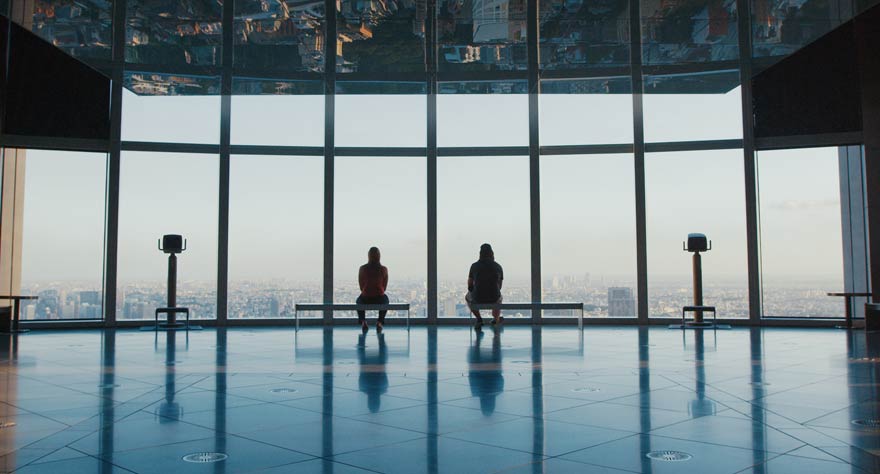
Despite some gorgeous imagery, information-overload makes the doc feel like a chore at times.

Despite some gorgeous imagery, information-overload makes the doc feel like a chore at times.
Filmmakers have historically had an extremely difficult time making scientific documentaries that are both informative and enjoyable. Those that are filled with information generally have the entertainment value of a high school textbook. Those that are enjoyable to watch rarely teach their audience anything substantial, and continuously relay the same sentiments we’ve all heard thousands of times.
Guy Reid’s Planetary finds individuals of varying backgrounds discussing why nature and everything on the planet is important to them. Amongst these folks are a bunch of scientists who believe that humanity as a whole should get back to its roots and engage in nature. A lot of spiritual statements follow, and the film begins to explore life on earth.
Unsurprisingly, Planetary is a film that takes a staunch anti-industrialization stance, and urges its audience to think about their connection with nature, preaching about conservation and preservation as a result. This is all fine, well, and good, but it all really seems to be nothing more than preaching to the choir. After all, who is really watching this movie? There aren’t any new, groundbreaking points to be found, and as a result, there’s nothing particularly engaging about the film.
Certain interviewees theorize how everyone and everything on the planet is connected, but the film doesn’t expand on such concepts nearly as deeply as it could have. The obvious moral of Planetary is that our individual lives are virtually meaningless in the grand scheme of things, and that we should all focus on doing our part to save the earth from ourselves. How are we supposed to do that? Well, it never really gets that far. The film focuses far too heavily on the why surrounding the subject matter, and not nearly enough on the how, which, at the end of the day, is what’s most important.
An often subtle, ambient score helps bring a plethora of static shots to life. With solid cinematography that features loads of aerial footage, Planetary is often a very aesthetically pleasing documentary, but beautiful pictures can only help so much with an otherwise immensely dull film.
The biggest issue with Planetary is that it just isn’t entertaining. Some interviewees are engaging and a joy to listen to, while others have the charisma of a dead plant. Thankfully, the film slightly picks up in the final act, exploring different areas around the world, but the nameless onscreen characters that would pop up for a few seconds here and there are still infinitely more interesting that constantly hearing about how much nature rules, which is really all Planetary is saying at the end of the day.
Despite delivering some gorgeous images, Planetary ends up feeling like just any other information-overloaded documentary I would’ve been texting through during my high school biology class. Sitting through it feels like an absolute chore at times, and that is never, ever a good thing. As Cosmos: A Spacetime Odyssey taught us less than a year ago, science doesn’t have to be boring. In fact, it can be tremendously fascinating. It’s too bad that Planetary just isn’t.